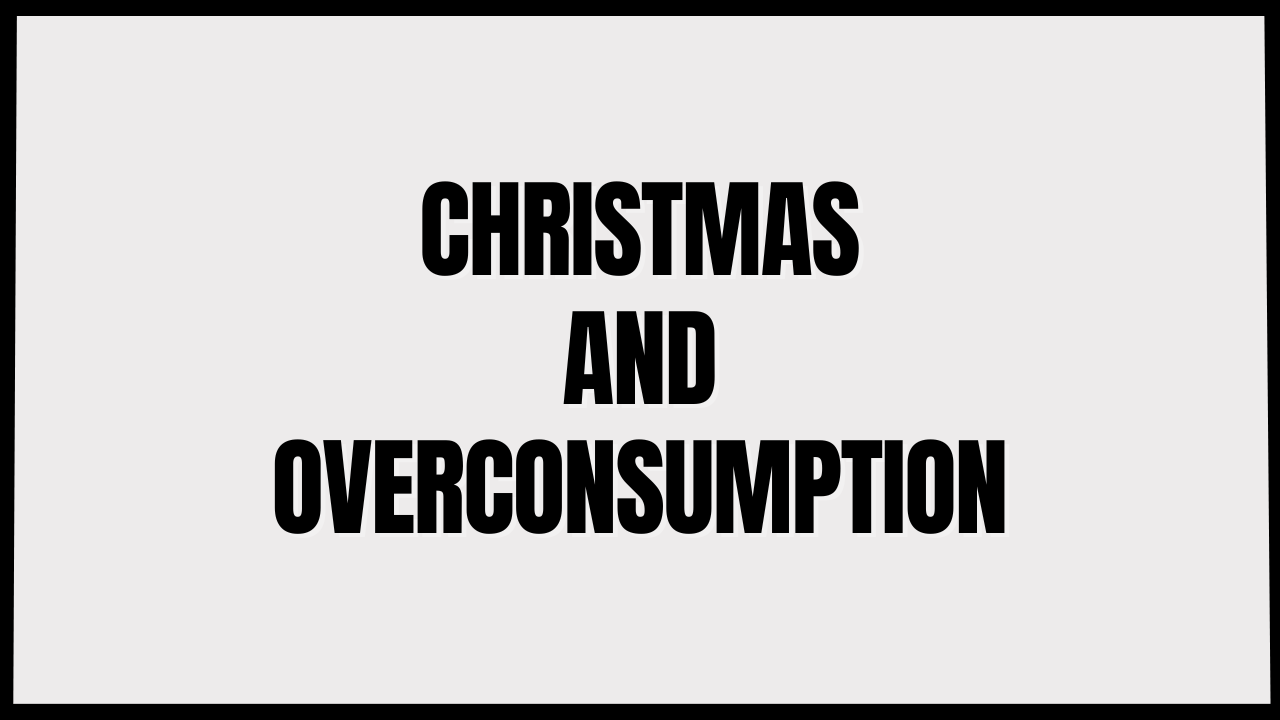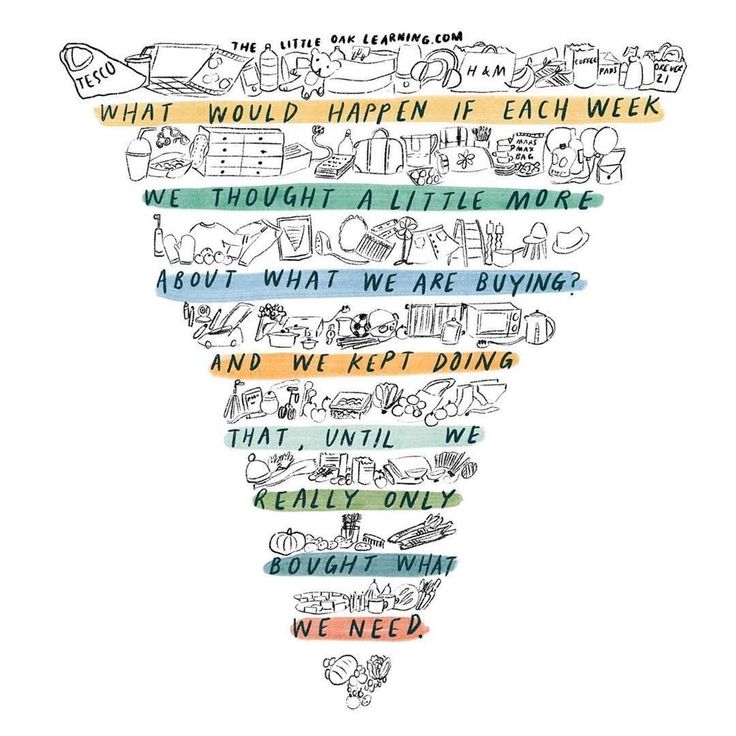Christmas is widely celebrated as a time of joy, giving, and togetherness.
However, over the years, it has also become associated with excessive consumption and materialism.
The transformation of Christmas into a celebration of overconsumption can be attributed to various historical, cultural, and economic factors.
It is important to note that not everyone engages in overconsumption during this time, as individuals have different values, beliefs, and financial situations.
However, there are several key reasons why some people tend to overconsume during the Christmas season.
Commercialization of Christmas
The commercialization of Christmas began to take shape during the Industrial Revolution in the 18th and 19th centuries.
The emergence of mass production, urbanization, and the growth of consumer culture contributed to a shift in the way Christmas was celebrated.
With the advent of industrialization, goods became more affordable and accessible to a wider population.
The rise of department stores and advertising further fueled consumerism during the holiday season.
Retailers seized the opportunity to promote their products as ideal gifts for Christmas, creating a culture of gift-giving that extended beyond social obligations.
Influence of Popular Culture
Popular culture, including literature, music, and later on, television and movies, played a significant role in shaping the modern image of Christmas as a time of excessive consumption.
Charles Dickens’ novella “A Christmas Carol,” published in 1843, portrayed the transformation of Ebenezer Scrooge from a miserly character to a generous benefactor.
The story emphasized the importance of giving and charity during the holiday season.
In the 20th century, popular songs like “White Christmas” by Irving Berlin and movies such as “It’s a Wonderful Life” reinforced the idea of an idyllic Christmas filled with material abundance.
These cultural influences created expectations and aspirations for lavish celebrations and extravagant gift-giving.
Cultural and Social Pressure
One significant factor that contributes to overconsumption during Christmas is the cultural and social pressure to conform to certain expectations.
The holiday season is often associated with gift-giving, elaborate decorations, and lavish feasts. Society places a considerable emphasis on the material aspects of Christmas, portraying it as a time of abundance and indulgence.
This societal pressure can lead individuals to feel obligated to spend more money, buy extravagant gifts, and engage in excessive consumption to meet these expectations.
Emotional Significance
Christmas is a time that holds significant emotional meaning for many people.
It is associated with feelings of joy, love, and nostalgia.
As a result, individuals may seek to enhance their emotional experiences by engaging in excessive consumption. Purchasing gifts for loved ones can be seen as an expression of love and care, providing a sense of fulfillment and happiness.
Furthermore, the act of giving gifts can also reinforce social bonds and strengthen relationships.
Marketing and Advertising
The holiday season is a prime time for marketing and advertising campaigns aimed at promoting consumerism.
Advertisements bombard individuals with messages that associate happiness, love, and fulfillment with material possessions.
Companies strategically create a sense of urgency and desire for their products by offering limited-time deals or emphasizing the importance of buying gifts to express love and appreciation. These tactics can influence individuals’ purchasing decisions and contribute to overconsumption.
Retail Sales and Discounts
During Christmas, retailers often offer significant sales and discounts to attract customers.
These promotions can create a sense of urgency and encourage individuals to buy more than they initially intended.
The perception of getting a good deal or saving money can lead to impulsive buying behavior and increased consumption.
The availability of discounts and sales can also create a fear of missing out (FOMO) on these limited-time offers, further driving overconsumption.
Psychological Factors
Several psychological factors contribute to overconsumption during Christmas.
One such factor is the concept of scarcity mindset, where individuals feel compelled to stock up on goods and make unnecessary purchases due to the belief that they may not be available later.
Additionally, the pleasure derived from acquiring new possessions can trigger a dopamine response in the brain, reinforcing the desire for more consumption.
Tradition and Rituals
Many families have established traditions and rituals associated with Christmas that involve excessive consumption.
These traditions may include exchanging numerous gifts, preparing elaborate meals, or decorating extensively.
Engaging in these activities has become deeply ingrained in the cultural fabric of Christmas celebrations for some individuals, leading to overconsumption as a way to uphold these traditions and maintain a sense of continuity.
Financial Considerations
While some individuals over consume during Christmas due to cultural or emotional reasons, others may do so because they have the financial means to indulge in excess.
For those who can afford it, the holiday season presents an opportunity to splurge on luxury items, travel, or other extravagant experiences.
The desire to display wealth or social status through conspicuous consumption can drive individuals to overspend during this time.
In conclusion, overconsumption during the Christmas season is a complex issue with social, economic, and environmental implications.
By understanding the causes of overconsumption and implementing solutions that promote mindful spending, supporting local economies, and encouraging experiential gifts, we can work towards a more sustainable and equitable holiday season.


